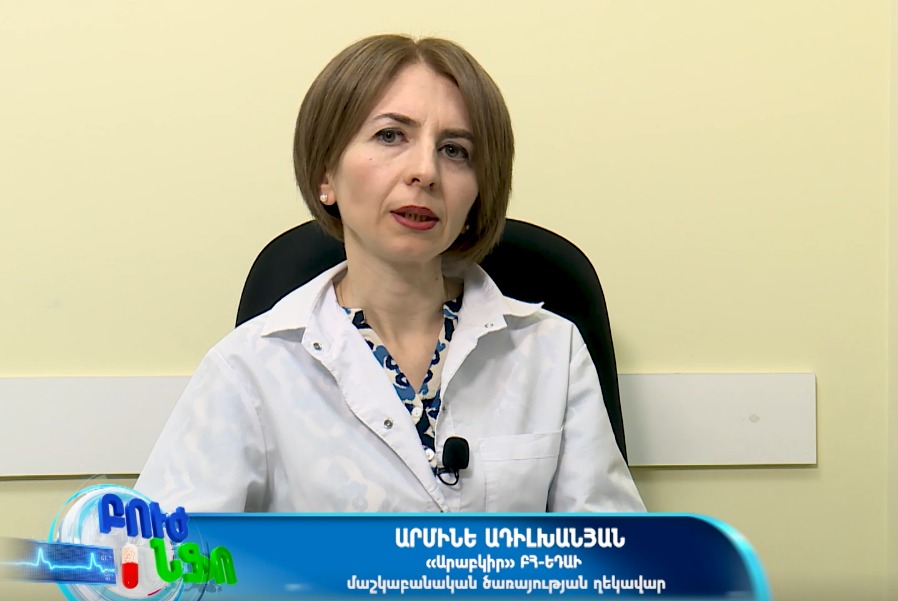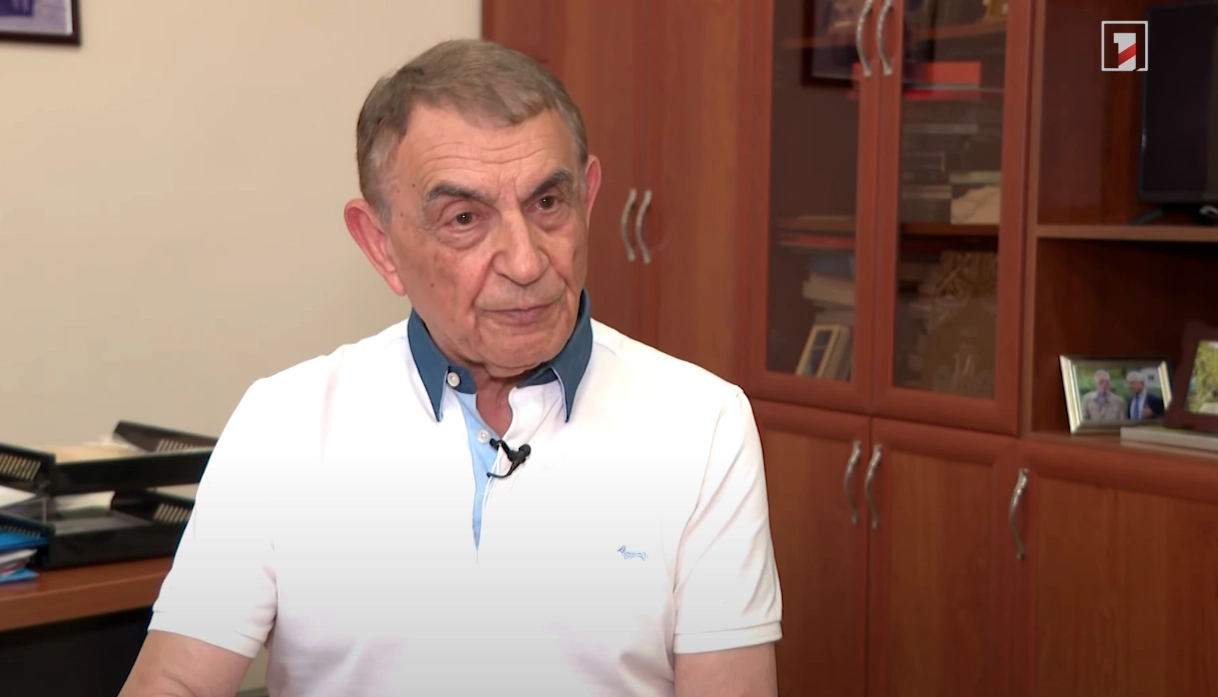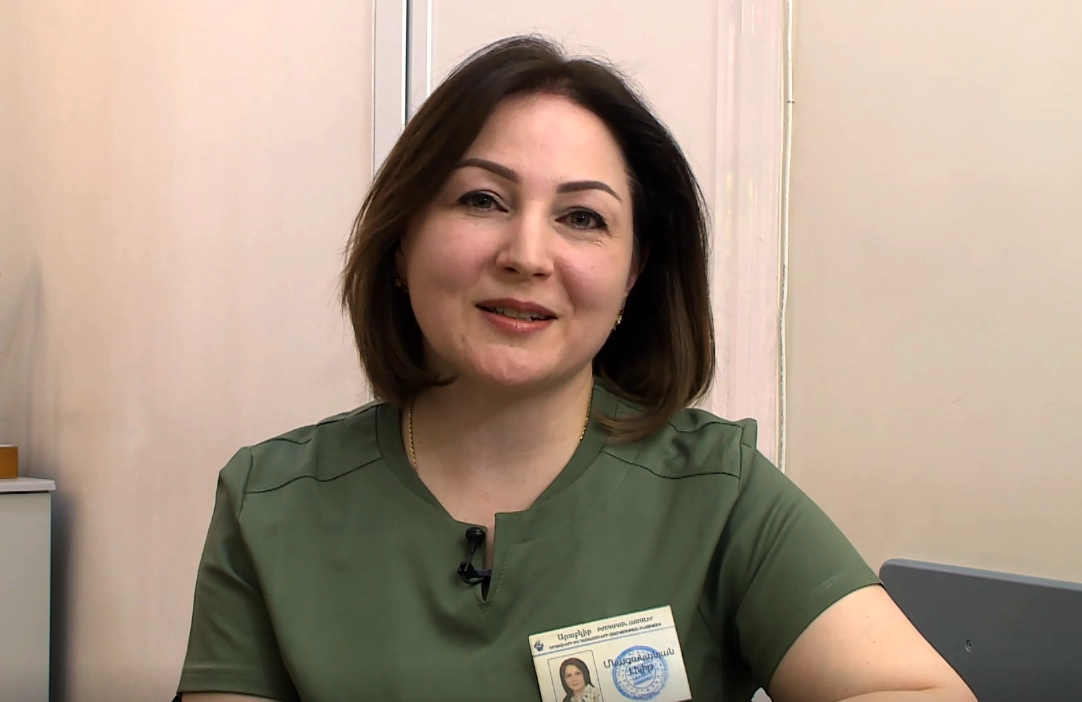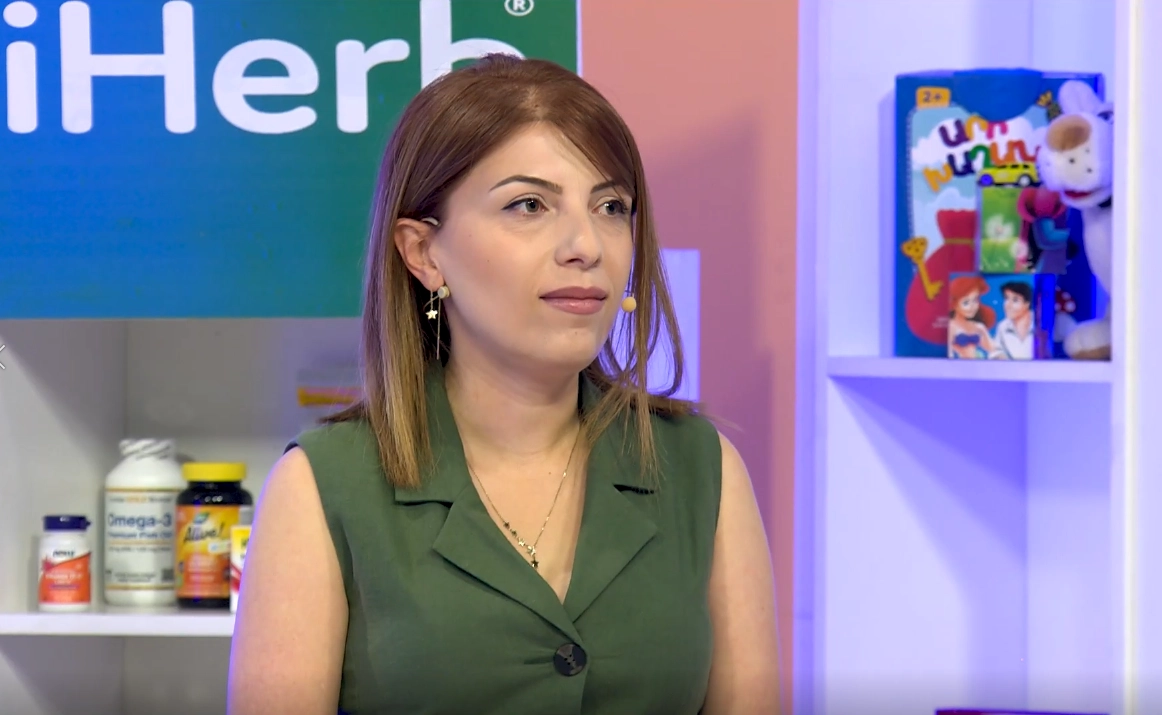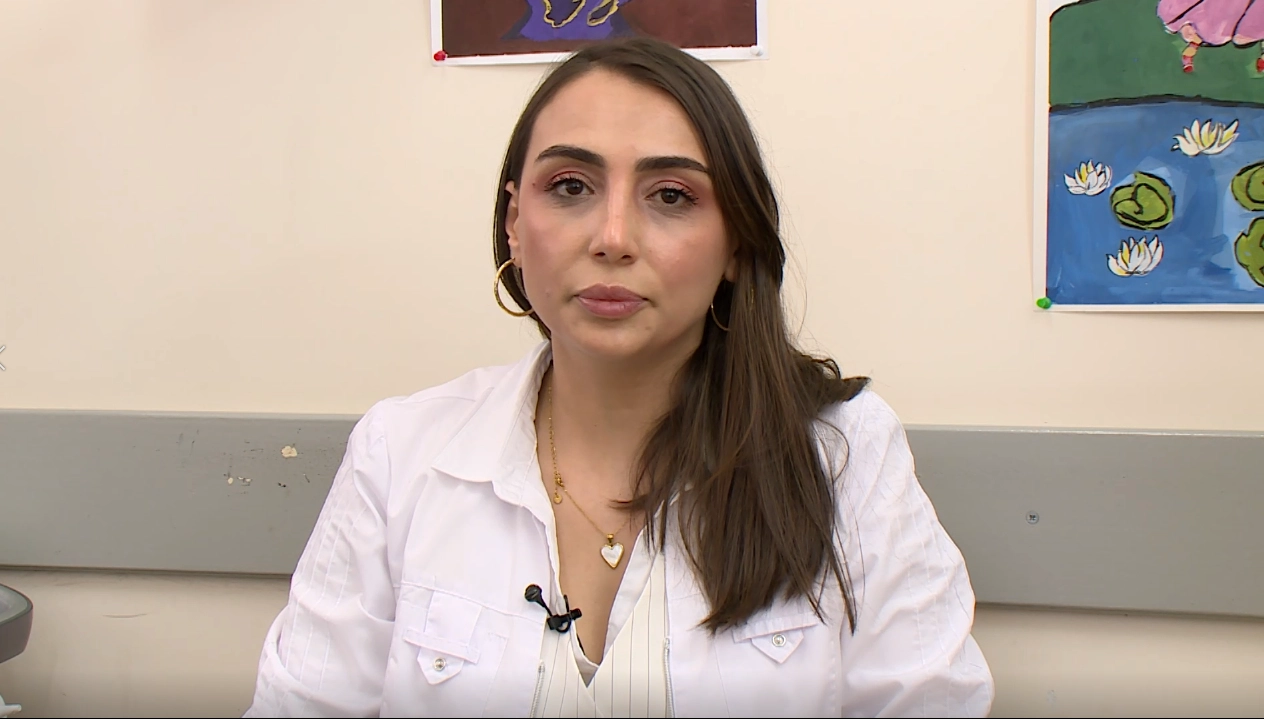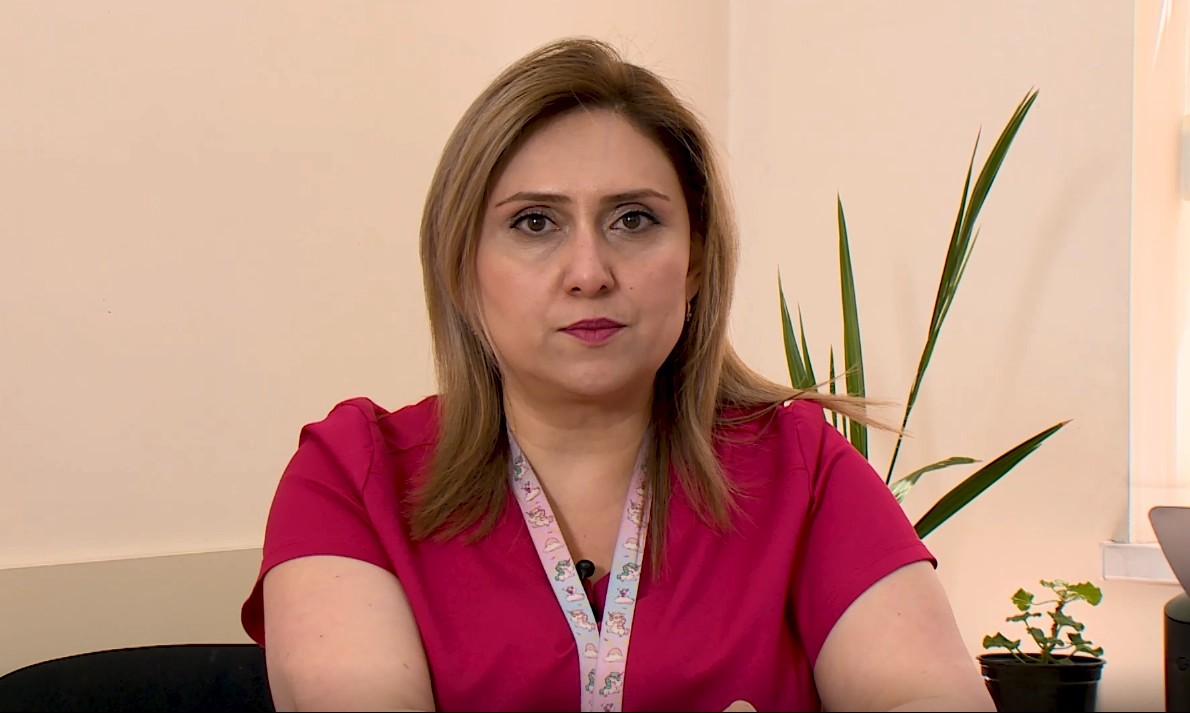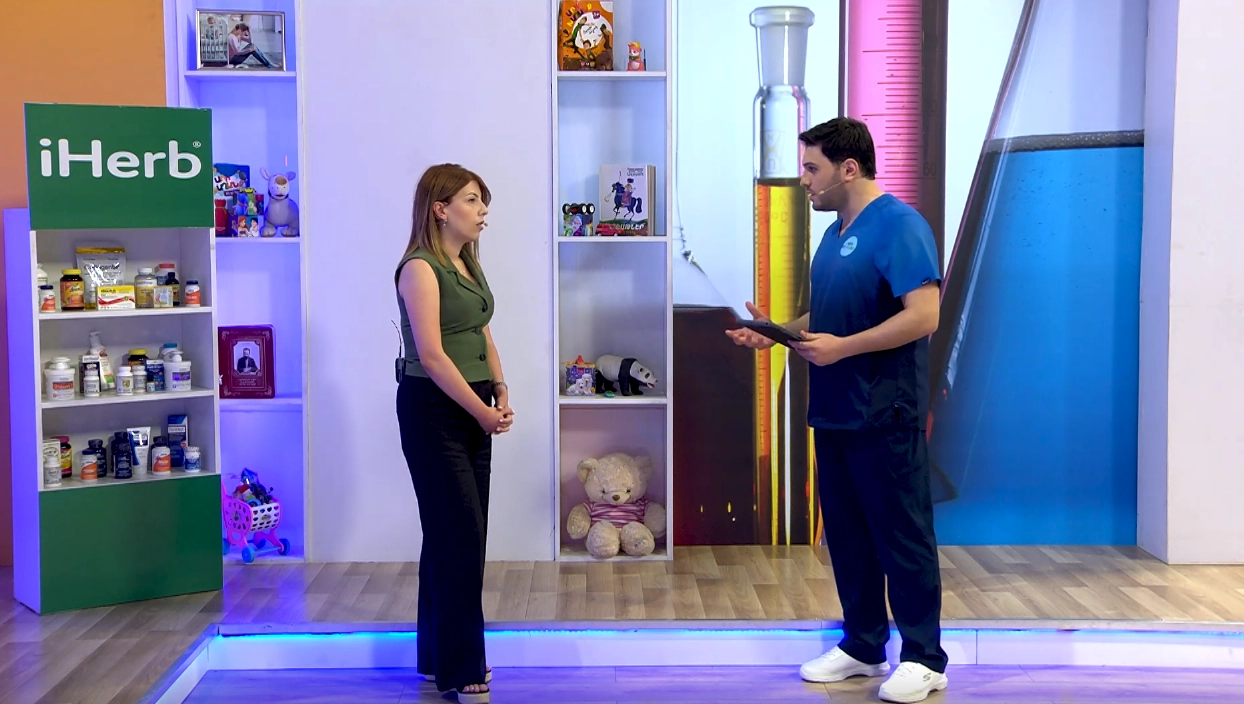May is observed as Skin Health Month, a time to raise awareness about the importance of skin care and early diagnosis of skin-related conditions.
On this occasion, we share insights from Dr. Armine Adilkhanyan, Head of the Dermatology Service at Arabkir Medical Center, featured on Shant TV’s “BuzhInfo” program. The topic: Genodermatoses—hereditary skin diseases.
- “Hello, my name is Dr. Armine Adilkhanyan. Today I’ll speak about a group of conditions known as hereditary skin diseases, or genodermatoses.
While thankfully rare, these diseases can significantly impact a patient’s health, quality of life, and development. There are currently around 400 known types. Some affect only the skin, while others involve multiple systems, including the nervous system, eyes, and hearing.
Multidisciplinary care is essential—especially in children—where dermatologists work closely with neurologists, ophthalmologists, and other specialists.
For example, neurofibromatosis is one such condition, where early skin symptoms can signal the disease. Proper dermatological evaluation is critical for early diagnosis and management.
Among the better-known genodermatoses are types of ichthyosis, ranging from mild forms to Harlequin syndrome, which has a severe presentation, and epidermolysis bullosa, which varies in severity. In severe cases, even minor trauma can cause painful skin ulcers, affecting mucous membranes and leading to nutritional issues or limb deformities.
Though traditionally considered incurable, advances in medical science offer new hope. Modern treatment methods can significantly improve the lives of affected patients.
While diagnosis is often based on clinical presentation, identifying specific gene mutations plays a crucial role. Unfortunately, many genetic tests are still not available in Armenia.
However, we are proud to collaborate with French-Armenian specialists who support us in diagnosing and treating children with these rare conditions.
It’s vital not to shy away from these diagnoses. Early and consistent care, with the support of professionals, can make a real difference in managing hereditary skin diseases—for patients and their families.”

 English
English
 Հայերեն
Հայերեն Русский
Русский